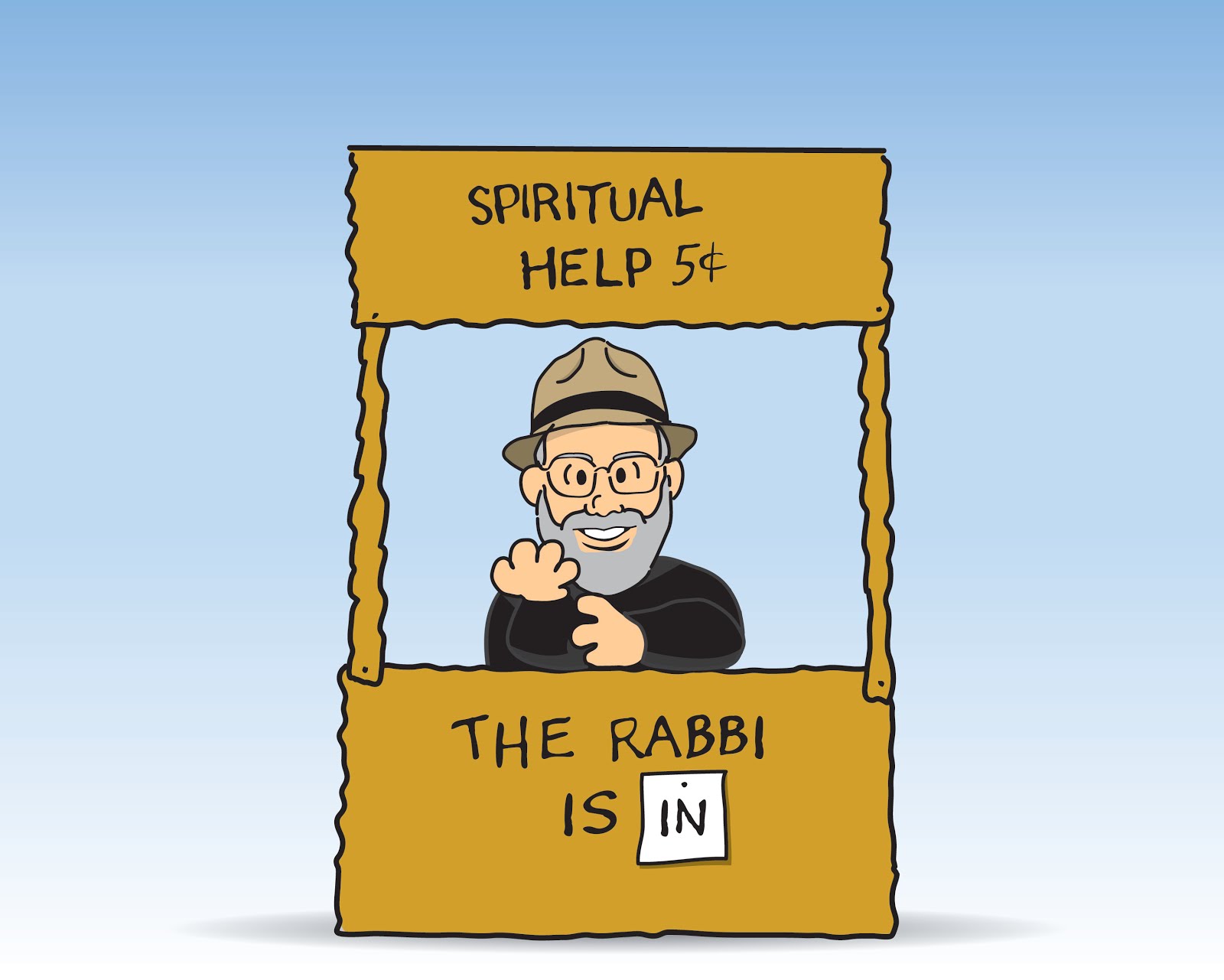Not long ago I sat on an inter-faith clergy panel discussing the topic: “Religion: What is it Good For?” Seeing as this was a college campus panel, and sensing the resonance to Edwin Starr’s 1970’s musical hit WAR! I was tempted to limit my remarks to “Religion, what is it good for, absolutely nothing!” But I knew this wasn’t exactly true, so I struggled to come up with something equally catchy but more accurate.
When it was my turn to speak I still had not come up with anything, and was as surprised as my audience to hear myself say, “At its worst, religion is the way we keep God and godliness from impinging on our quest for power and control. At its best religion is a map, though not the only map, to becoming a saint, a bodhisattva, a mensch.
“At the heart of religion is the promise that we can become like God, or for those religions that don’t use the term ‘God’ the promise is that we can reclaim and live from our original nature which is intrinsically capable of loving-kindness. The extent to which a religion provides you with a roadmap for personal holiness— acting justly, kindly, and humbly to borrow from the prophet Micah— and assists you in following it, its value is inestimable. The extent to which a religion focuses not on loving-kindness but on partisan bickering and internal battles over dogma and creed it is, in my opinion, useless.”
I would like to report that my remarks were so well received that the entire evening was spent sharing ways in which the various religions represented went about promoting loving-kindness, but I would be lying if I did so. My words were met with a deep and embarrassing silence, and, thanks to the skill of our moderator, we quickly turned to matters of doctrinal differences and got into a cheap debate on who was going where after they died.
Despite my failure to sway the audience, I am still convinced that what I said was true. The only relevance religion has is tied up in its capacity to promote loving-kindness. A religion convinced of its doctrinal truth and purity, and yet one that is unconcerned with raising up followers who do good in the world, is irrelevant to the world. I would rather be wrong in my faith and right in my works, than the other way round.
I said something to that effect later in the discussion and was confronted by an angry Lutheran minister, “That is what you Jews always say. But the Lord is clear it is faith not works that gets you into heaven.”
A smattering of applause quickly gave way to an awkward silence reflecting the imperfect marriage of religious zealotry and political correctness.
I smiled and said, “And yet Jesus says, ‘By their fruits you shall know them. Not everyone who says to me, ‘Lord, Lord,’ shall enter the kingdom of heaven, but he who does the will of my Father who is in heaven,” [Matthew 7:20-21]. And while it is true that Judaism is more concerned with deeds than belief, the Hebrew prophet Habakkuk says, “The righteous shall live by faith,” [Habakkuk 2:4], so the dichotomy is somewhat false. My point is not to pit faith against works, or to claim that either will get you into heaven. My point is that a religion is of value to the world only to the extent that it helps us sow the seeds of loving-kindness in the world. Believe what you wish, just be a mensch and the world will benefit from your having been born into it.”
This was the second time I had used the word mensch that evening, and it suddenly dawned on me that my Bible Belt audience might not be familiar with the word. Thankfully someone interrupted and asked me for a definition. I said, “A mensch is a person who strives to love her neighbor as herself.”
I am convinced that menschlichkeit, the art of living as a mensch, is at the heart of all authentic religion and spirituality. A mensch may be a Buddhist, a Hindu, a Moslem, a Christian, a Jew, a pagan, a secular humanist, etc. What makes a person a mensch is not her religious label, but her focus on loving-kindness. The fact that people striving after menschlichkeit can share with one another different insights and practices derived from their respective traditions and which further the aim of menschlich (mensch-like) living is a plus. It is this plus that can make for fruitful dialogue among the world’s religions; a dialogue we need now more than ever.
Thursday, December 08, 2005
Subscribe to:
Post Comments (Atom)


No comments:
Post a Comment